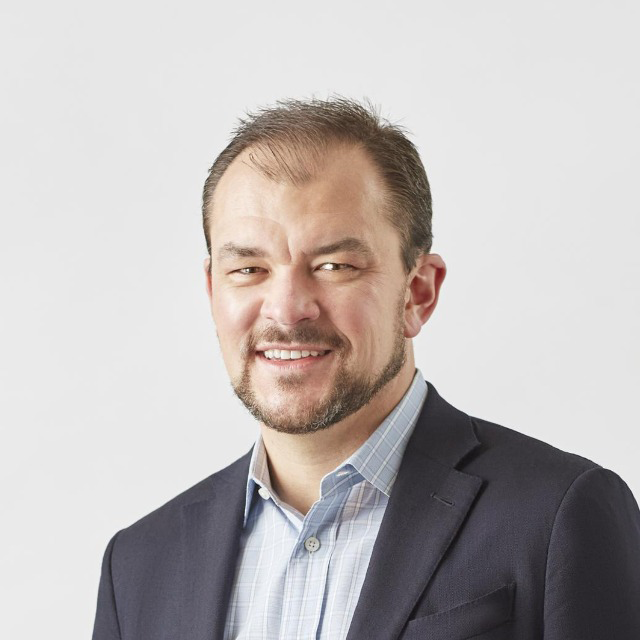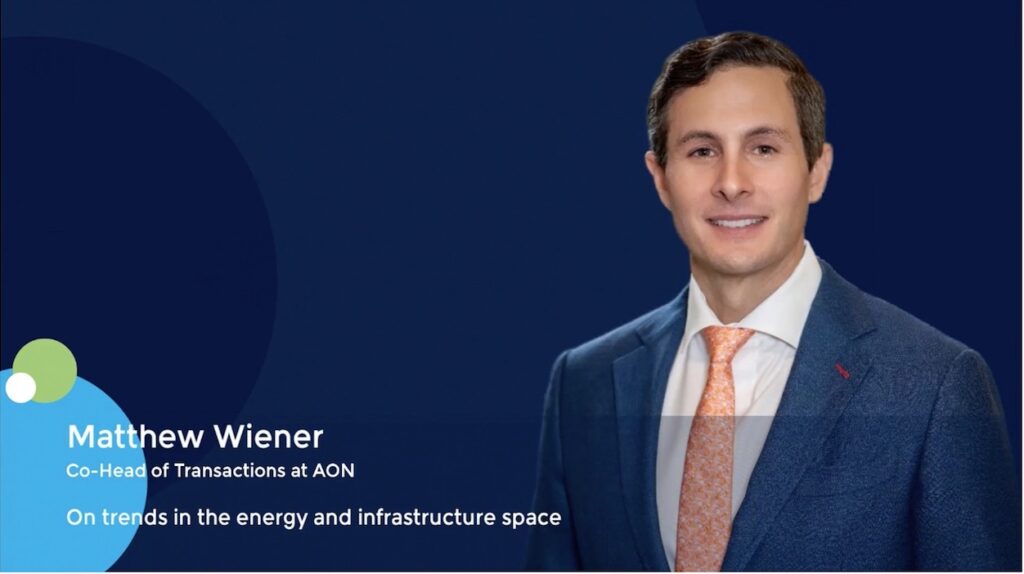Riverwood sees opportunity in fast-evolving enterprise software landscape as it deploys fourth fund – GP Profile
- Fund IV is 30%-40% deployed
- Firm invests USD 25m-USD 250m in companies with USD 10m-USD 100m ARR
A pull-back in capital availability since the market peak of 2021 is creating opportunities for sponsors focused on fast-growing technology companies that need support to get to the next level.
“It’s more challenging to secure incremental growth than it was three or four years ago,” said Jeff Parks, co-founder and managing partner of growth investor Riverwood Capital. “This has put pressure on tech companies to address their cost structure and pricing, focus on building market share via geographic, vertical, or product expansion, and achieve more scale through consolidation.”
At the same time, the advancement of artificial intelligence (AI) – which Parks describes as an enabling technology – is driving a rapid evolution of enterprise software. Against this background, Riverwood is seeing plenty of deal flow in its middle market sweet spot as it deploys its fourth series of funds. The Menlo Park, California-based sponsor’s Fund IV and related vehicles closed on USD 1.8bn in 2023.

Jeff Parks, co-founder and managing partner at Riverwood Capital.
Recent transactions include a USD 70m round for Australian construction safety software developer HammerTech in July 2024 and a USD 45m round for San Francisco-based security validation business Picus Security two months later. The firm looks to back between five and 10 companies each year, maintaining a steady investment pace.
“We aim to deploy these funds consistently and, on average, in about a four-year cycle,” Parks said, adding that Fund IV is now 30%-40% deployed. “This predictability is appreciated by our investors because they know we’ll come back to market every three to five years and won’t surprise them with a fundraise in 12 months.”
Origin story
Parks and co-founder Francisco Alvarez-Demalde were members of KKR‘s [NYSE:KKR] technology investment team prior to the global financial crisis (GFC). Working together on large-cap leveraged buyouts (LBOs), the pair sensed there was a need for a specialist focusing on smaller companies within the sector.
They put this theory to the test with Riverwood Capital, which launched in September 2008. The idea was to invest in middle market tech companies – fast-growing businesses with revenue in the high-double-digit millions that were too mature for venture capital but unsuitable for typical LBOs.
“We felt there should be a more thoughtful, dedicated category of investors for such companies,” said Parks. “This would combine the growth orientation typical of Silicon Valley startups with the discipline, financial rigor, and operational value-add of private equity.”
Notwithstanding the opportunity, launching a private equity firm in September 2008 – the month that Lehman Brothers collapsed – brought its own set of challenges. Riverwood’s founders had to be patient in fundraising, closing their debut vehicle in 2011 on USD 780m.
Fourteen years later, Riverwood had raised four series of funds and reached USD 6.1bn in assets under management (AUM) as of last March.
Sweet spots
Both the recent HammerTech and Picus Security deals are consistent with Riverwood’s preference to serve as lead investor in growth-stage rounds. The firm typically makes investments of USD 25m to USD 250m in size, targeting companies with USD 10m to USD 100m in annual recurring revenue (ARR). Average trailing 12-month revenue across the portfolio at entry is USD 52m.
“We try to find companies in the double-digit millions that are growing 40% to 50% a year,” said Parks. “Regardless of macro or micro trends, there’s no shortage of companies that fit that bill across all of these areas.”
Picus was a minority equity transaction. Riverwood also acquires majority stakes, depending on the situation, including its investment in HammerTech. “Bank deals can be attractive because you know they’re going to be actionable. On the other hand, much of our sourcing is proprietary,” Parks added.
For example, the firm often reaches out to companies that have never taken third-party investment and initiates discussions about capital raising options and potential M&A needs. This approach is facilitated by organizing the investment team into sub-sector groups – which Riverwood internally calls its “magnets” – covering areas such as financial technology, cybersecurity, and sales and marketing technology.
Each area is championed by a senior member of the firm, which Parks believes distinguishes Riverwood from other growth equity investors, which may rely more heavily on junior staff cold-calling potential targets. The firm also works with a network of company founders and executives in the tech sector.
North America and Latin America are the two largest markets, and the firm has made selective investments in the likes of Israel, Turkey Singapore, Australia, and India, AVCJ reported previously.
Even when operating as the majority investor, Riverwood avoids leverage and focuses on growth to drive returns. “Our initiatives aim at top-line growth rather than cost-cutting,” said Parks. “We provide our companies with ideas and assistance without being overbearing. Striking that balance is crucial.”
These initiatives are captured in the Riverwood Scalability Playbook, which focuses on a combination of revenue growth and margin expansion to unlock strategic and operational transformation. The playbook encompasses areas such as go-to-market strategy, product development, operations, and corporate development.
For example, part of the proceeds of the HammerTech round were earmarked for business development in Europe and the US, with the Australian company seen as a good fit for US expansion.
Exit channels
Riverwood looks to hold investments for four to five years with a view to maintaining a steady flow of liquidity. There is no single prevalent exit channel.
Last November, Riverwood made a partial exit from Singapore-headquartered marketing technology business Insider as part of a USD 500m expansion round. In 2021, CBRE invested in Industrious, a provider of flexible workplace solutions, for an implied enterprise valuation of USD 800m, taking out Riverwood’s entire stake. The firm led a Series C for Insider in 2020, and a Series B for Industrious in 2016.
IPOs represent another source of liquidity, but even then, stories can take an unexpected turn. Cybersecurity business Forgerock raised USD 275m through a New York Stock Exchange offering in September 2021, but Riverwood’s ultimate exit was facilitated by Thoma Bravo, which took the company private a year later in an all-cash deal worth USD 2.3bn.
Looking ahead, Legion Technologies could raise its next round of capital through a Series E or an IPO, Mergermarket reported last July. Riverwood led a USD 50m round for the Palo Alto, California-based workforce management platform in May 2024.
Parks observed that IPO preparedness is part of the value creation playbook, underscoring the importance of being proactive. “Exits don’t just show up; you have to make them happen,” he said. “We work with our companies to help them position themselves and create the right P&L profile to be attractive to potential buyers.”










